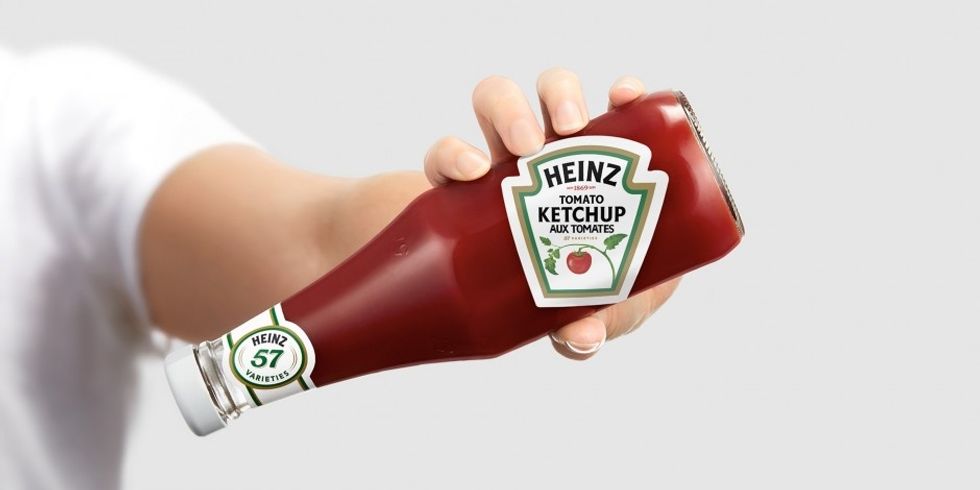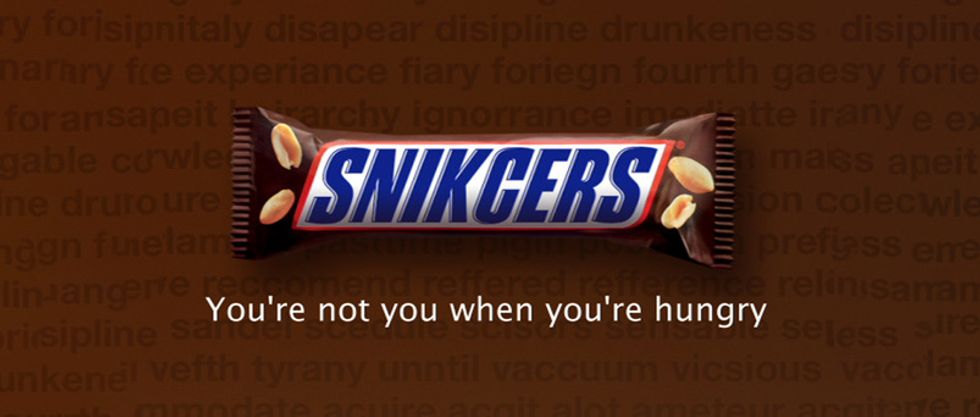The lights dimmed and the hall fell silent and every whisper became amplified. Roaring applause commenced as he was introduced, the man we were all there to see and hear, Britt Nolan. As former co-president and CCO at Leo Burnett, and newly appointed CCO at DDB North America, he knows a thing or two about marketing and advertising.
Nolan's talk, aptly titled "The Beauty of Underthinking," outlined the most important part of marketing in today's data-driven world.
The hyper-availability of data and the ease at which advertisers can specifically target given audiences, has led to a shift in advertising and marketing. This emerging technology has catapulted marketing to reach its most sophisticated point, but we've lost our emotional connection. But how did this happen?
Illustrating one's day to day both in and out of the office is the easiest way to explain how many creatives have lost their emotional connection to human consumers: their mindsets change once they walk into the office. Nolan emphasized the importance of bridging the smart workplace and the quote-on-quote 'dumb' outside world, because "nobody cares how brilliant the idea is if they don't get it."
This is where underthinking, a critical skill and tool today, comes into play. Nolan doesn't mean underthinking in the literal sense of being dumb, but rather "active stupidity" that humanizes and takes the consumer's mindset into account and creates competitive work. Creativity is one of the most powerful tools of business and although there is no formula or optimization for it, the beauty of creativity is its inherent chaos.
Dumb ideas can lead to unexpected discoveries, we just have to see the value in 'stupid.'
Brands, essentially, live in the minds of the consumers so creatives are at fault when they ignore this aspect of advertising. "People are happy to be reminded as long as it's done in a fresh and interesting way," said Nolan. To illustrate his point, Nolan pointed to two simple advertisements which worked better than other over-complicated iterations.
Heinz Ketchup is a staple, so we don't need to be reminded of the product, but its inherent tension is the thickness of the product which makes it hard to pour. So, to remind us of this truth, the newest campaign tilted the label to illustrate the angle at which to pour the ketchup.
Another simple one is the Snickers "You're not you when you're hungry" campaign. Rather than rebrand and renew themselves, Snickers went to the drawing board and went with the simplest idea that was consistent with the brand. This campaign worked because it was relatable and drew on people's emotions.
All in all, there are five things creatives should remember going forward in their careers, as outlined by Nolan: (1) be human and stay in touch with humanity; (2) nurture dumbness, in the context of this talk; (3) remember that clarity beats brilliance; (4) be interesting, not right; and (5) invest in creativity because there is magic in not knowing what its chaotic nature will yield.












